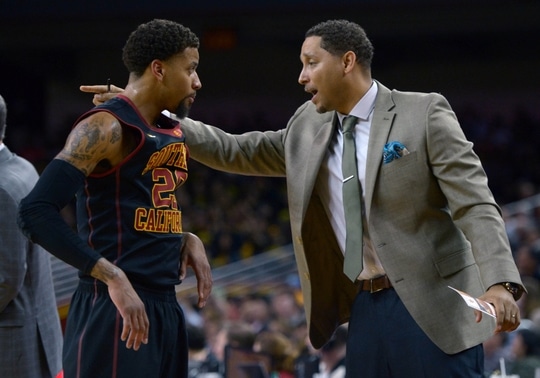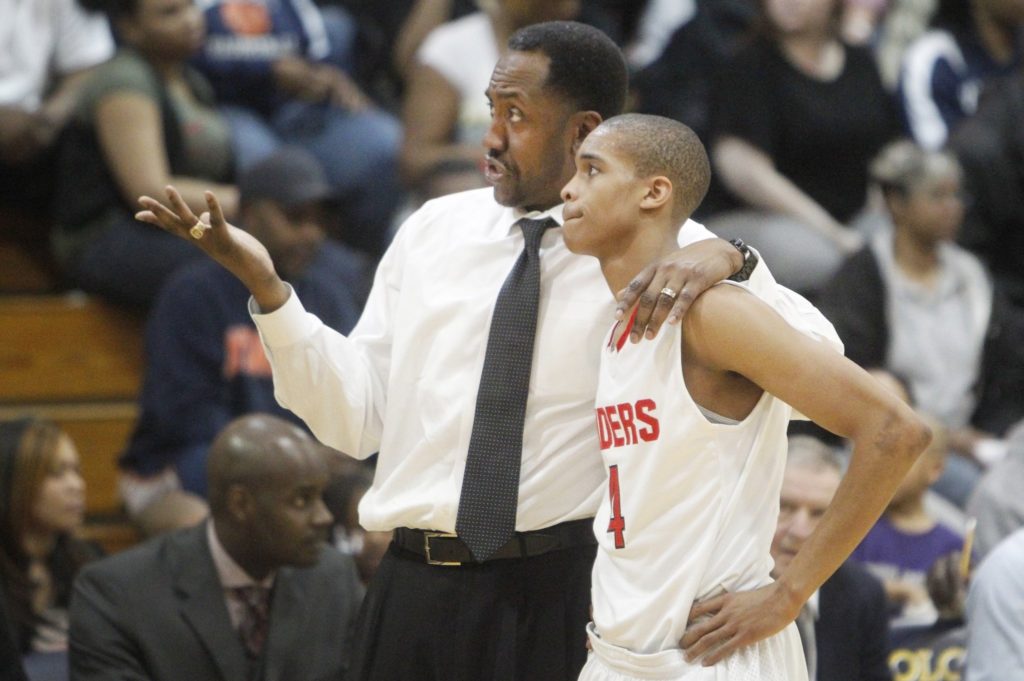
Coaching Strategies for Improving Team Discipline: Creating a Disciplined Team Culture
Discipline is a cornerstone of successful basketball programs. It encompasses not only adherence to rules and regulations but also commitment, focus, and a strong work ethic. Effective team discipline can significantly impact performance, teamwork, and overall team morale.
Coaches play a crucial role in instilling discipline within their teams, and this article explores strategies for improving team discipline to create a more focused and cohesive basketball unit.

1. Set Clear Expectations and Standards
Establishing clear expectations and standards is essential for fostering discipline within your team.
Define Expectations
Clearly communicating your expectations for behavior, effort, and performance—both on and off the court—is vital. This includes:
- Punctuality: Players should arrive on time for practices and games, showing respect for their teammates and the coaching staff.
- Respect: Establish a culture of respect among players, coaches, referees, and opponents. This sets the tone for how players interact with each other and the broader basketball community.
- Effort: Make it clear that giving maximum effort in practices and games is non-negotiable. Players should understand that discipline involves pushing themselves to improve continuously.
Develop Team Rules
Creating a set of team rules that outline acceptable behavior and consequences for violations is essential. Key considerations include:
- Clarity: Ensure that all players understand these rules and why they are in place. Use simple language and examples to illustrate expectations.
- Inclusivity: Involve players in the rule-making process. When players feel they have a stake in the rules, they are more likely to respect and follow them.
- Documentation: Post the rules in a visible area, such as the locker room or practice facility, as a constant reminder.
Model Behavior
As a coach, your actions and demeanor set the tone for the team. It’s crucial to model the behavior you expect from your players. For example:
- Consistency: Exhibit consistent behavior in your responses to both successes and failures. This consistency helps establish trust and respect within the team.
- Professionalism: Show professionalism in your interactions with players, parents, and officials. Your conduct reflects on the entire program and influences how players perceive discipline.

2. Implement a Consistent Discipline System
Consistency in enforcing rules and discipline is crucial for maintaining order and respect within the team.
Apply Rules Equally
Enforce team rules and consequences consistently for all players. This prevents favoritism and ensures that all team members are held to the same standards. Consider:
- Clear Consequences: Outline specific consequences for various infractions, and ensure all players know these consequences. For example, missing a practice without prior notification may result in reduced playing time.
- Equitable Treatment: Treat all players equally when enforcing rules. Any appearance of bias can undermine your authority and disrupt team cohesion.
Address Issues Promptly
Address disciplinary issues immediately to prevent them from escalating. This approach involves:
- Immediate Action: Take swift action when rules are broken. Delaying consequences can lead to a culture of complacency.
- Private Discussions: Discuss issues privately with the player involved. This maintains their dignity while addressing the problem directly.
Provide Constructive Feedback
When addressing discipline issues, offer constructive feedback that helps players understand their mistakes and learn from them. This can include:
- Specificity: Be specific about what behavior was unacceptable and why it is important to adhere to team standards.
- Guidance: Offer suggestions for improvement and encourage players to think about how they can avoid similar issues in the future.

3. Foster Accountability and Responsibility
Encouraging players to take responsibility for their actions fosters a sense of accountability and discipline.
Encourage Self-Assessment
Promote self-assessment among players by:
- Reflective Practices: Encourage players to reflect on their performance after each practice and game. Ask them to identify strengths and areas for improvement.
- Goal Setting: Have players set personal goals based on their reflections. This reinforces the idea that they are responsible for their growth.
Promote Ownership
Give players ownership of their roles and responsibilities within the team by:
- Role Clarity: Clearly define each player’s role and responsibilities. When players understand their contributions, they are more likely to take them seriously.
- Empowerment: Allow players to make decisions in drills and during games. This empowers them and fosters a sense of accountability for their actions.
Create Leadership Opportunities
Involve players in leadership roles and decision-making processes. This can be achieved by:
- Team Captains: Select team captains who exemplify discipline and responsibility. These players can help set a positive example and motivate their teammates.
- Peer Leadership: Encourage players to mentor younger teammates. This not only fosters accountability but also strengthens team bonds.
4. Develop a Strong Work Ethic
A strong work ethic is fundamental to team discipline and overall success. Coaches can instill this by:
Establish Work Ethic Standards
Define what constitutes a strong work ethic, including:
- Effort: Players should be encouraged to give maximum effort in every practice and game.
- Dedication: Promote the idea that commitment to the team and personal improvement is non-negotiable. Encourage players to prioritize basketball alongside their academic and personal responsibilities.
- Perseverance: Teach players the importance of resilience and perseverance in overcoming challenges.
Create a Competitive Environment
Foster a competitive atmosphere during practices. This can be done by:
- Challenging Drills: Incorporate drills that push players to compete against one another. Competitive situations can motivate players to work harder and maintain discipline.
- Rewarding Effort: Recognize and reward players who consistently exhibit a strong work ethic, whether through verbal praise or tangible rewards.
Encourage Team Accountability
Encourage players to hold each other accountable for their work ethic. This can be facilitated through:
- Peer Evaluations: Allow players to evaluate each other’s efforts during practices and games. This fosters a culture of accountability where players feel responsible for one another’s success.
- Team Discussions: Hold regular team meetings to discuss work ethic, discipline, and team goals. This provides an opportunity for players to express their thoughts and reinforce collective responsibility.

5. Reinforce Positive Behavior
Recognizing and reinforcing positive behavior is crucial for maintaining discipline within the team.
Praise and Rewards
Celebrate disciplined behavior by:
- Verbal Recognition: Regularly acknowledge players who demonstrate discipline, effort, and commitment. Simple praise can go a long way in reinforcing desired behaviors.
- Incentives: Implement a reward system for consistent positive behavior. This could include special privileges, recognition at team meetings, or awards at the end of the season.
Create a Supportive Team Culture
Foster a supportive culture that encourages players to uphold each other’s discipline. This can be achieved by:
- Team Building Activities: Engage in activities that promote camaraderie and trust among players. When players feel connected, they are more likely to hold each other accountable.
- Open Communication: Encourage open dialogue about discipline and expectations. This helps players feel comfortable discussing challenges they face in maintaining discipline.
Coaching Strategies for Improving Team Discipline Conclusion:
Improving team discipline requires a multifaceted approach that includes setting clear expectations, implementing consistent systems, fostering accountability, and developing a strong work ethic.
By integrating these strategies, coaches can create an environment that not only prioritizes discipline but also enhances team cohesion, performance, and morale.
In the competitive world of basketball, a disciplined team is often the key to sustained success on and off the court.



